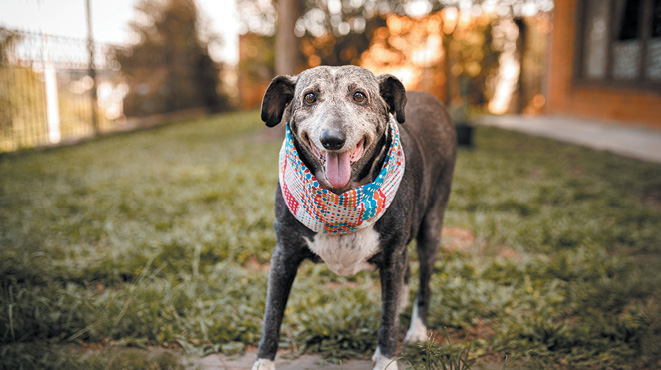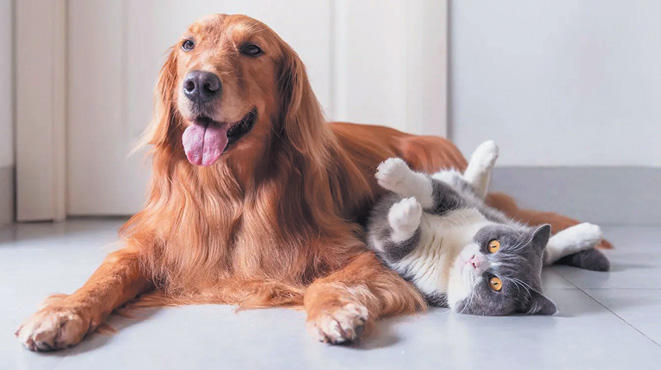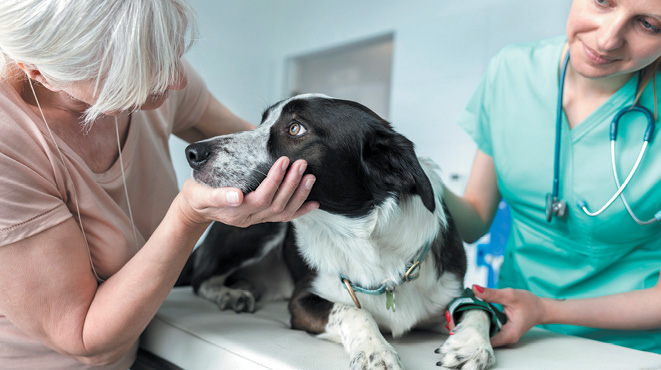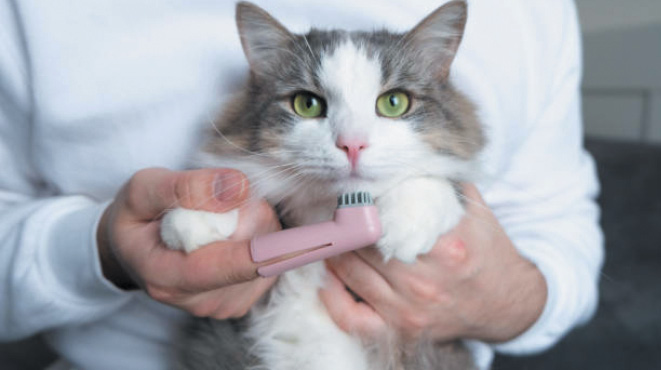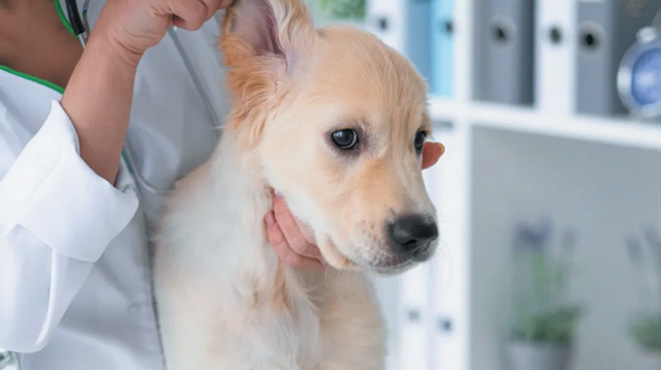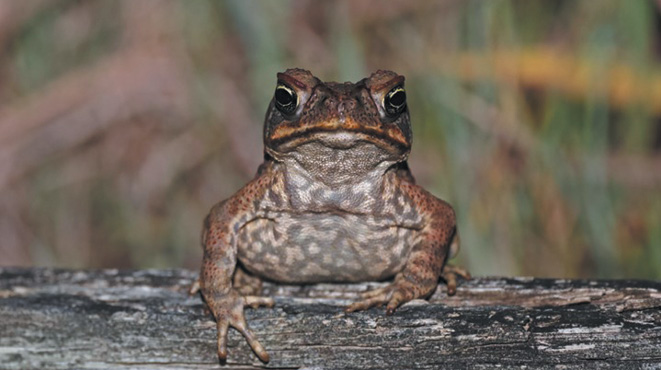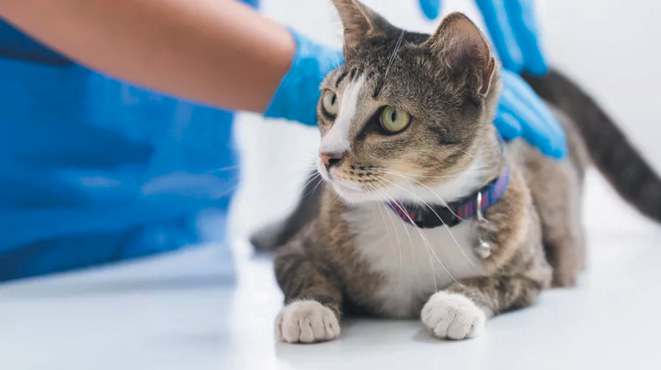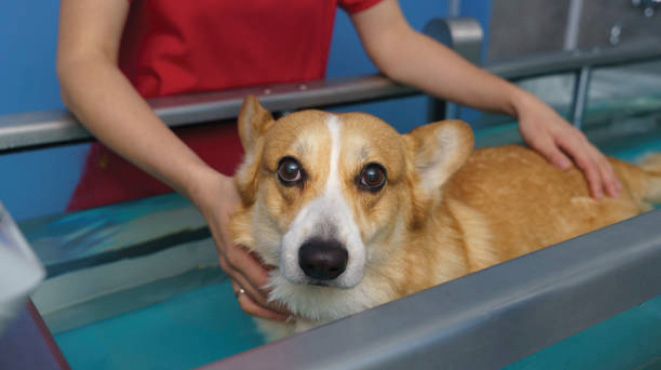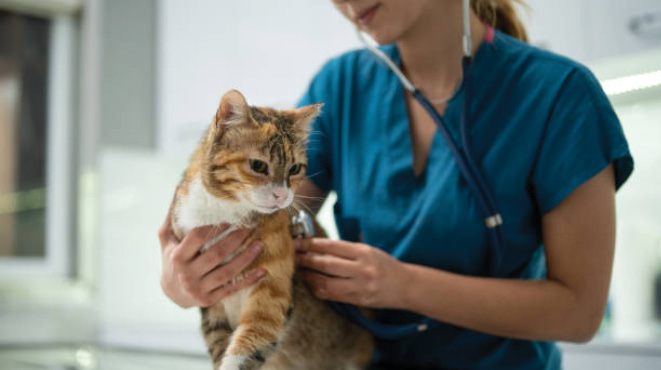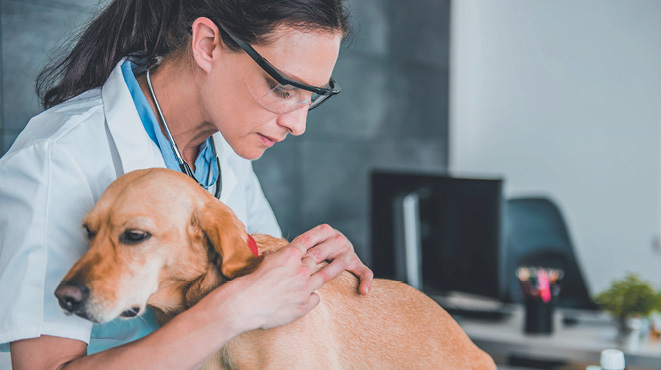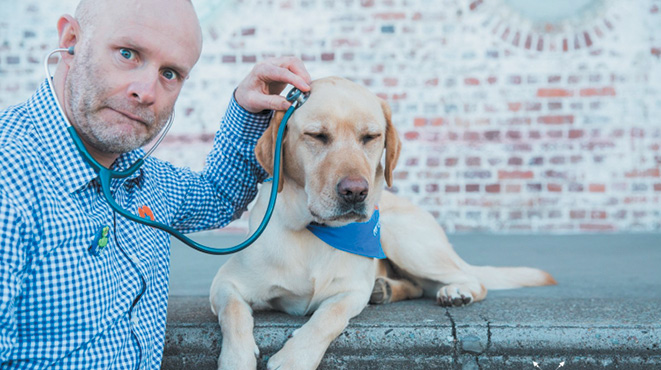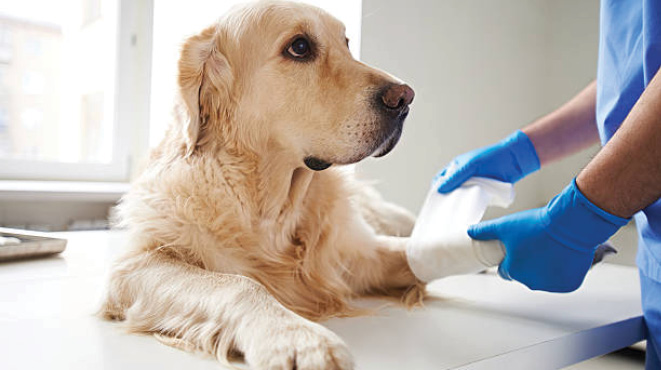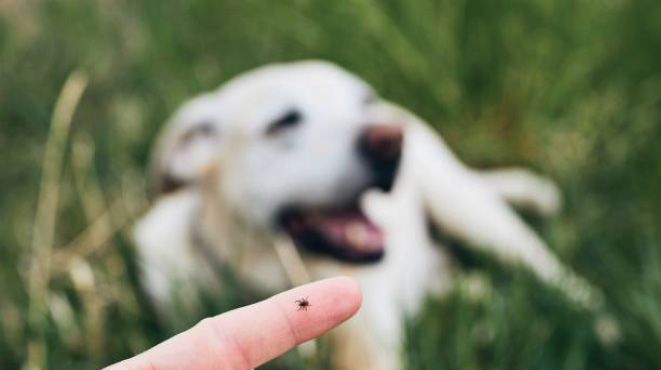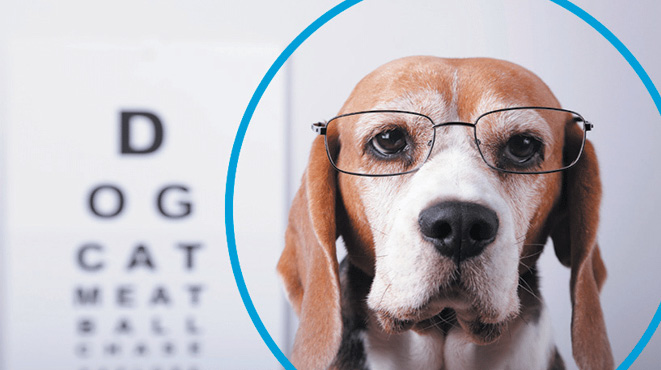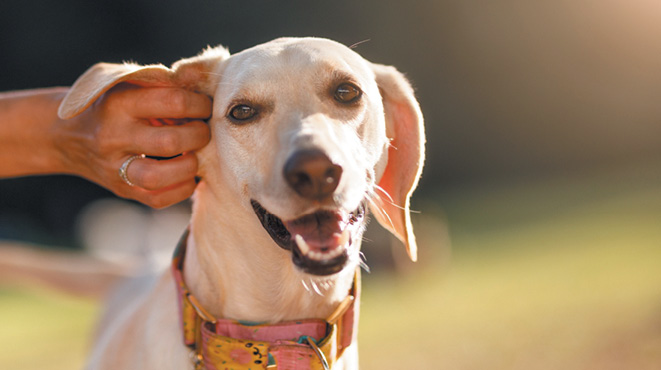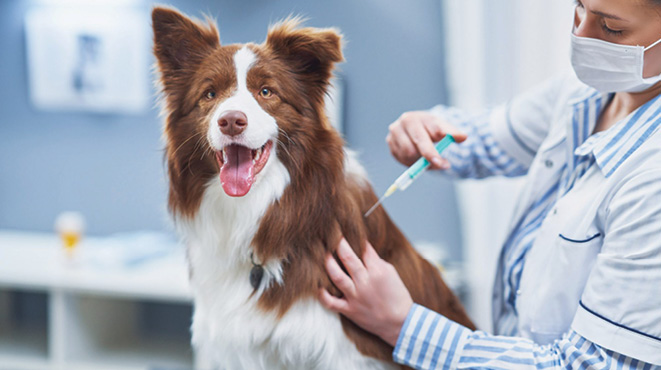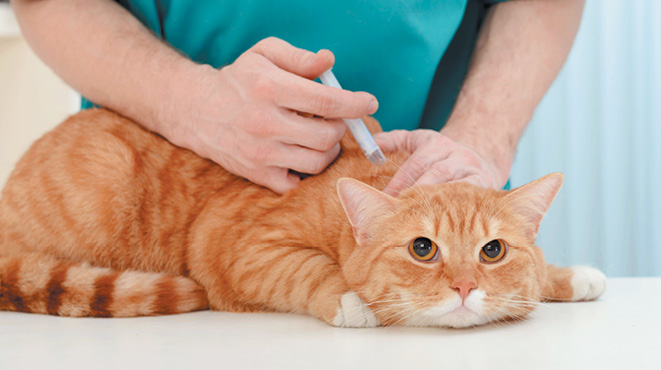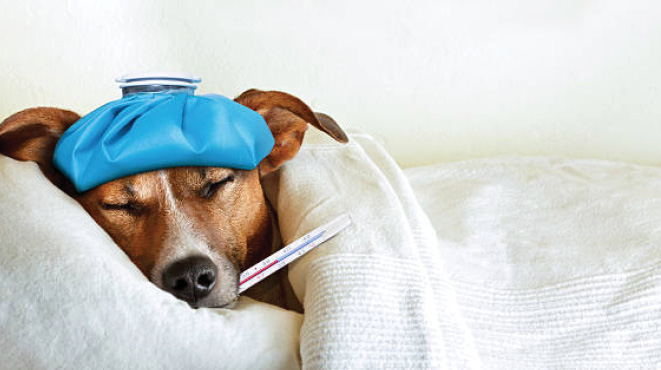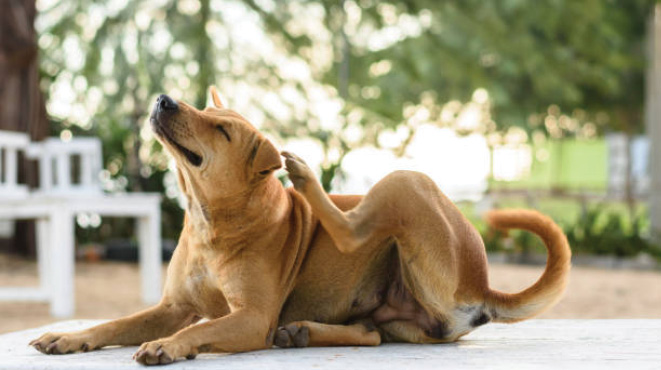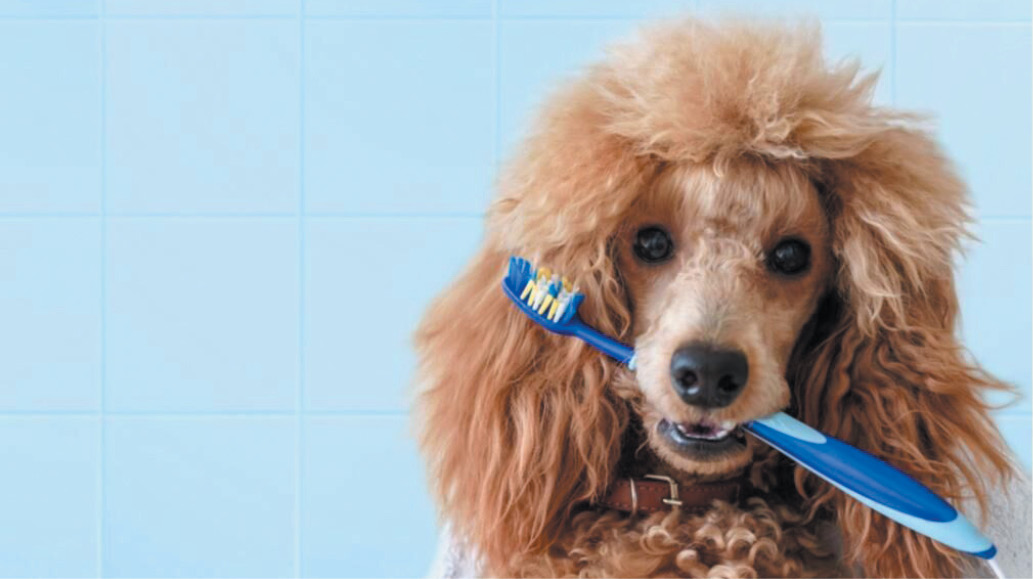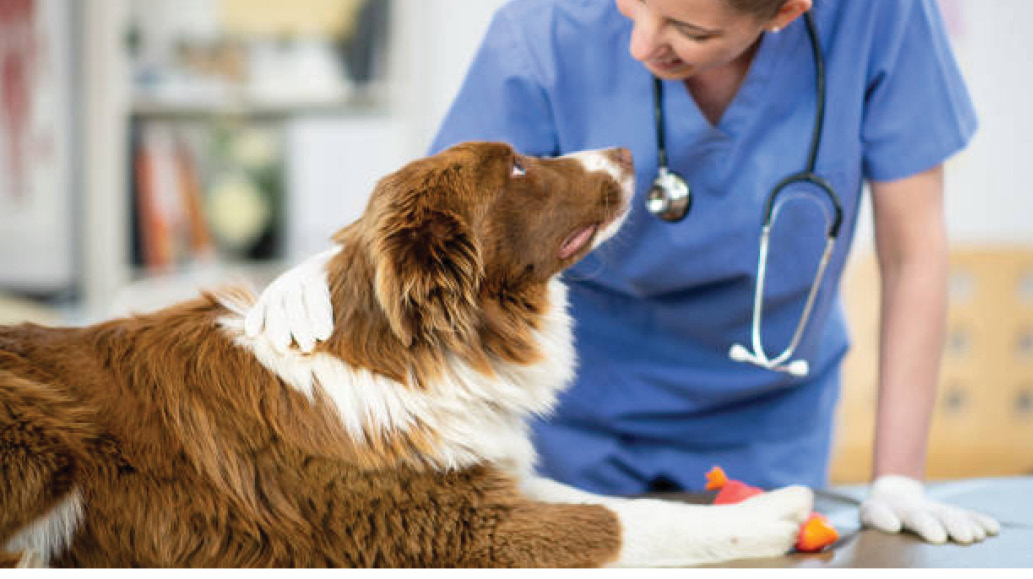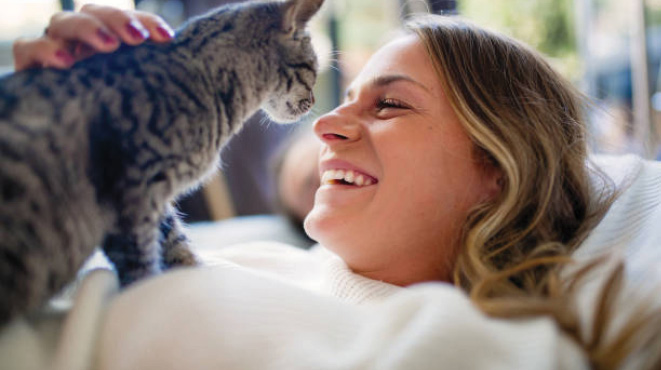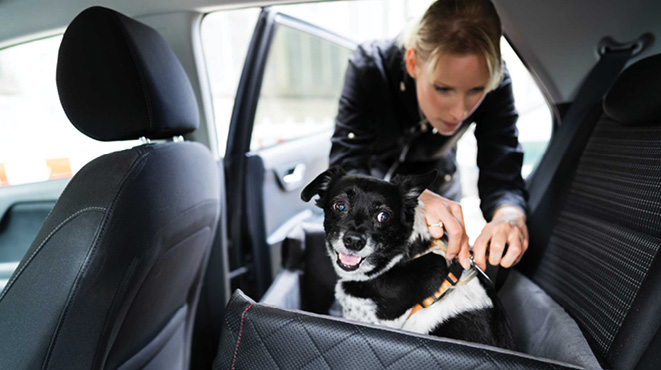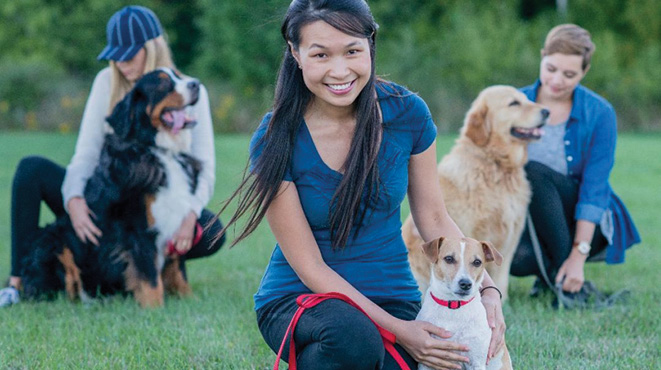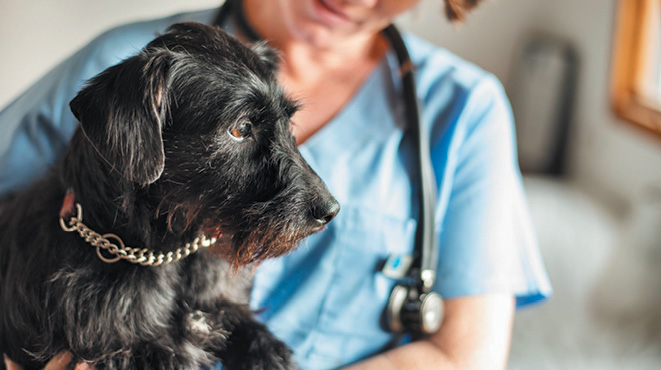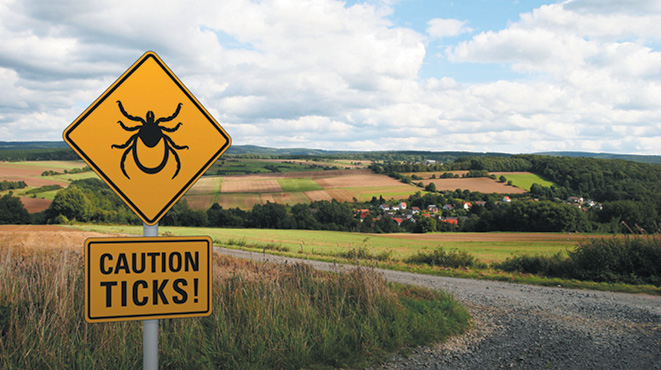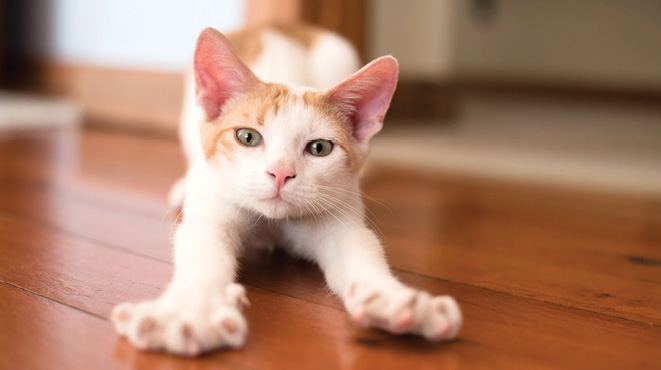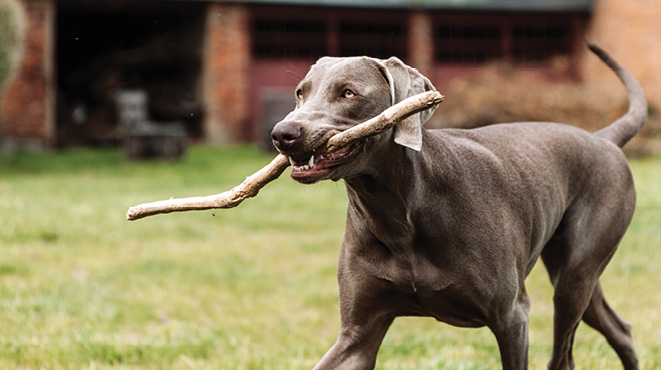BY DR NICKY THOMAS, WYNNUM MANLY VETERINARY HOSPITAL
 Dogs and cats age at different rates to humans. Generally dogs and cats are considered “senior” at around 8 – 10 years of age.
Dogs and cats age at different rates to humans. Generally dogs and cats are considered “senior” at around 8 – 10 years of age.
Here are some tips to keep your senior pet as happy and healthy
as possible.
Take care of your pet’s mouth
Dental disease can be painful and may lead to food avoidance which results in weight loss. Cats may also lose grooming behaviours which can lead to a decline in mobility due to matting. Periodontal disease can affect other organs including the heart and kidneys. Regular dental chews or cleaning can help prevent periodontal disease.
Feed your pet to maintain ideal body weight
Ageing pets have different energy and protein requirements. Feeding your pet a diet formulated for older animals can help to maintain weight in the healthy range and reduce the risk of worsening conditions such as arthritis and kidney disease. Supplements such as omega fatty acids, glucosamine and chondroitin may be helpful in pets with arthritis.
Environmental considerations
Older, arthritic animals may benefit from ramps in place of stairs, and the use of rugs or carpet on hard floor surfaces to help gain traction. A soft bed which is easy to access can help rest tired joints. Older cats may benefit from a litter tray with lower sides for ease of access.
Exercise is important to maintain healthy joints and muscles
The intensity and type of exercise needs to be tailored to individual pets. Regular, gentle exercise can help maintain joint mobility and maintain a healthy weight.
Schedule regular check ups
A full vet check every 6 – 12 months can help with early detection of problems. Your vet may suggest a screening blood test which can help pick up changes in liver and kidney function, changes in blood cell counts and thyroid hormone levels. Blood pressure measurement can help detect heart and kidney disease.


